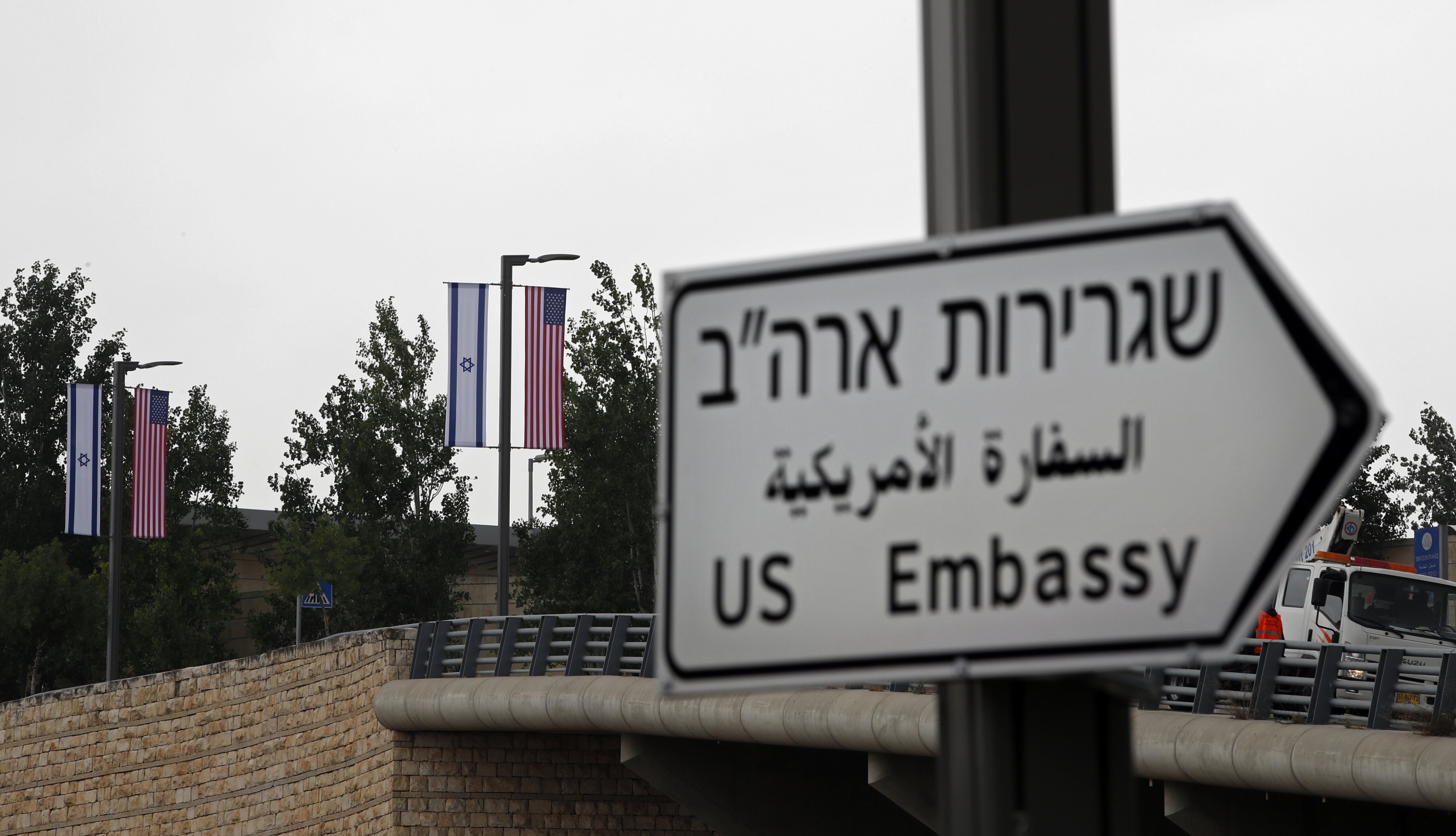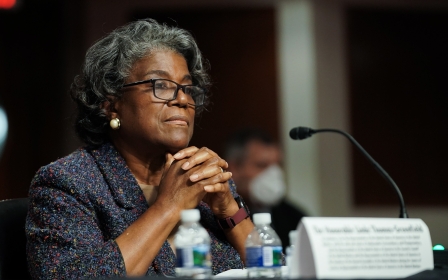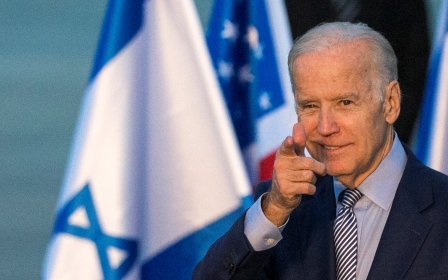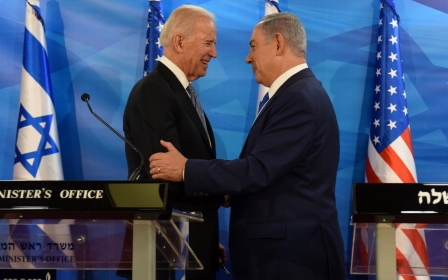US Senate votes almost unanimously to keep embassy in Jerusalem

The US Senate voted almost unanimously in favour of keeping the US embassy in Jerusalem, affirming a Trump-era move that neither party had any plans to reverse.
The Senate vote took place late Thursday during an all-night "vote-a-rama" session, with 97 Senators voting in favour of retaining the embassy's status in Jerusalem.
Only three Senators - Bernie Sanders, Elizabeth Warren and Tom Carper - opposed the decision. Middle East Eye reached out to the three dissenting lawmakers but had not received any responses by the time of this article's publication.
'It's an important message that we acknowledge Jerusalem as the capital of Israel'
- Senator Jim Inhofe
Two Republicans, senators Jim Inhofe and Bill Hagerty, introduced the motion as one of hundreds of amendments that were proposed in a $1.9 trillion Covid-19 budget reconciliation resolution.
Just ahead of the vote, Inhofe tweeted that the amendment "would make the US Embassy in Jerusalem permanent, effectively preventing it from being downgraded or moved".
New MEE newsletter: Jerusalem Dispatch
Sign up to get the latest insights and analysis on Israel-Palestine, alongside Turkey Unpacked and other MEE newsletters
"It's an important message that we acknowledge Jerusalem as the capital of Israel," Inhofe said.
Biden's support
US President Joe Biden has repeatedly said that his administration has no inclination to move the US embassy out of Jerusalem or to revoke the US's recognition of the contested capital.
During his campaign in April, Biden rebuked Trump's 2018 decision to transfer the US embassy from Tel Aviv to Jerusalem as "short-sighted and frivolous", but said that he would not try to reverse the decision.
Last month, now-Secretary of State Antony Blinken, during his Senate confirmation hearing, reaffirmed the position, saying that the incoming administration had no intention of moving the US embassy. He also said that the Biden administration would continue to recognise Jerusalem as the capital of Israel.
Incoming US envoy to the UN, Linda Thomas-Greenfield, also declared ardent support for Israel during her confirmation hearing last week.
Thursday's Senate vote comes days after almost 100 members of the US House, led by Republican Representative Andy Biggs, sent a letter to Blinken celebrating his position on Israel's claim to the holy city.
Congress originally voted to move the US embassy from Tel Aviv to Jerusalem in 1995, after consecutive US presidents had signed waivers to push back the transfer for decades because it was seen as a move that would be detrimental to the US's role as a mediator between the two sides.
A contested city
Both Israeli and Palestinian leadership have long claimed Jerusalem as their capital, an issue neither side has been willing to concede.
The idea of dividing the city, with the Palestinians controlling East Jerusalem as the capital of a future state while relinquishing West Jerusalem to Israel, has long been a leading solution.
Still, former President Donald Trump, in a series of pro-Israel moves, declared the US's support for Israel to retain an undivided Jerusalem as its capital.
To help mitigate the tensions created from the move, the Biden administration has expressed interest in re-opening the US consulate in East Jerusalem to serve the Palestinian population.
After decades of forcible displacement, about 38 percent of Jerusalem residents were recorded as Palestinian, according to 2015 census figures - tens of thousands of whom live behind Israel's separation wall.
Jerusalem is considered a holy city for Muslims, Christians and Jews, as it is the home of some of the most revered ancient and sacred sites for the three faiths.
Middle East Eye delivers independent and unrivalled coverage and analysis of the Middle East, North Africa and beyond. To learn more about republishing this content and the associated fees, please fill out this form. More about MEE can be found here.






